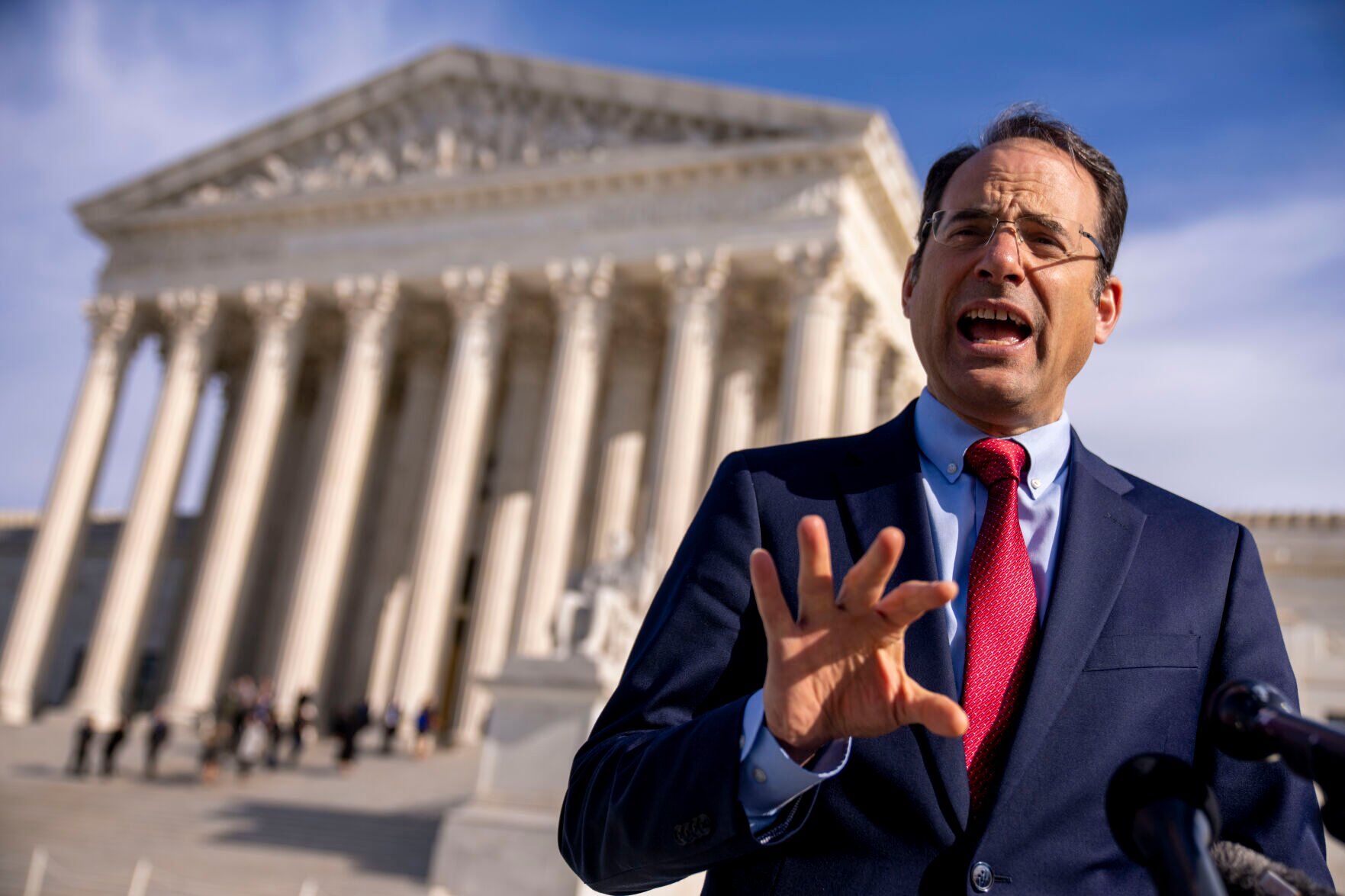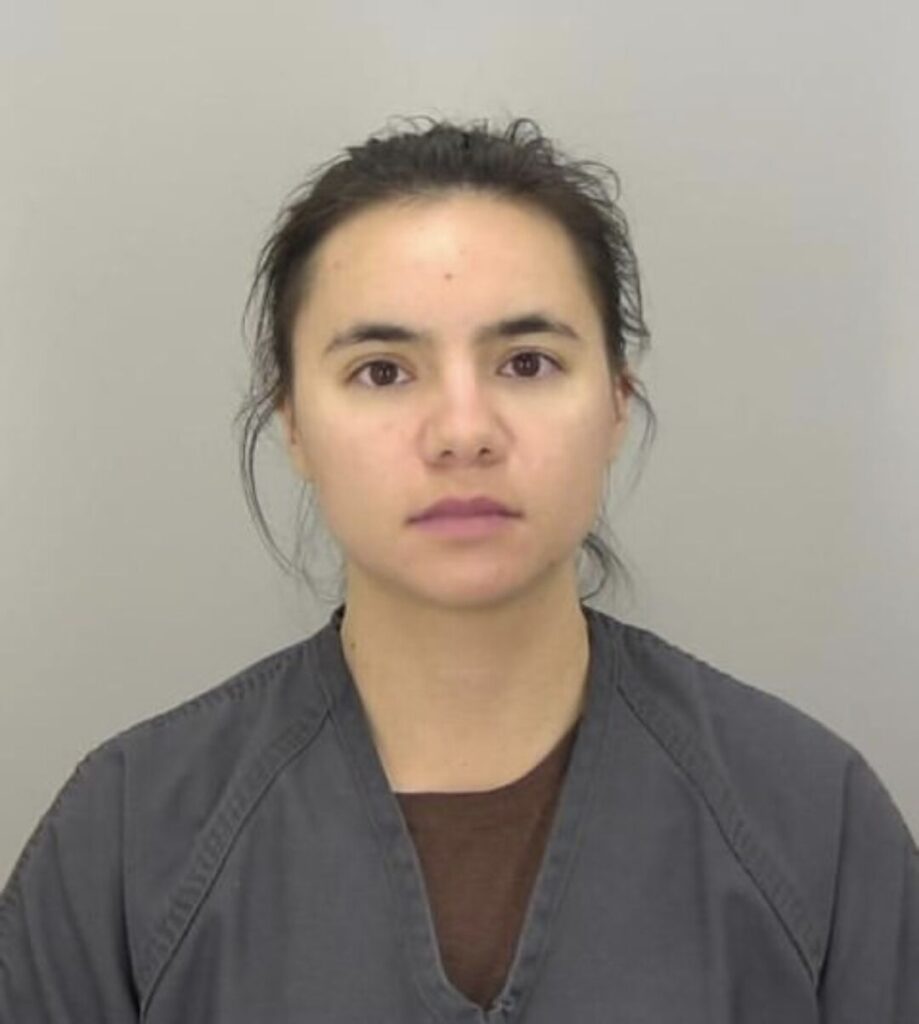Colorado policymakers eye revisions to speech-based criminal laws in response to SCOTUS decision

After the U.S. Supreme Court clarified on Tuesday that Colorado’s law criminalizing stalking fails to account for a defendant’s intent in making threatening comments, state policymakers suggested legislation may be warranted to balance the need to protect victims with the constitutional requirement to respect free speech.
The state Supreme Court will also likely need to revisit its own precedent, which currently looks to the context of a person’s statements to determine whether something is a “true threat” unworthy of First Amendment protection. By 7-2, the nation’s highest court found the objectively threatening nature of a person’s speech cannot be the sole basis for a conviction.
“From a policy standpoint, while I value free speech,” said Rep. Steven Woodrow, D-Denver, a member of the House Judiciary Committee, “at some point the utility of repeatedly messaging someone that you hope they ‘die’ and suggest you’ve been surveilling them approaches zero.”
“Be that as it may,” he added, “it is the law of the land, and me and my colleagues apparently have work to do.”
“As to what we do, I think it’s too soon to say that we are absolutely gonna change the law,” added Sen. Bob Gardner, R-Colorado Springs, who sits on the Senate Judiciary Committee. “I suspect that we will.”
The Supreme Court’s decision involved the Arapahoe County conviction of Billy Raymond Counterman. For nearly two years, he carried on a one-way conversation over Facebook with musician Coles Whalen. Even though she repeatedly blocked Counterman, he continued to send messages that were at times benign, voyeuristic and threatening.
“Was that you in the white Jeep?” “I’m currently unsupervised. I know, it freaks me out too.” “Five years on Facebook. Only a couple physical sightings.” “Die. Don’t need you.”
The state’s Court of Appeals upheld Counterman’s stalking conviction, which required proof that he repeatedly contacted or communicated with Whalen in a manner that caused her serious emotional distress. The court agreed Counterman’s statements were not protected speech because they amounted to “true threats” not shielded by the First Amendment.
The Supreme Court’s majority, however, believed prosecutors needed to show Counterman had not only made threatening statements, but had some awareness he might be causing serious distress to Whalen. Justice Elena Kagan reasoned in the majority opinion that the ability to prosecute someone based only on how others view his statements “may lead him to swallow words that are in fact not true threats.”
The Office of the Colorado State Public Defender, which represented Counterman in his criminal case, was pleased with the majority’s directive. Megan Ring, the leader of the office, called it a “validation of the protections afforded to citizens by the First Amendment.”
Prosecutors, however, warned the intent requirement could allow some stalkers to avoid accountability.
“This case will make it harder to prosecute because whenever you have to show what was in somebody’s mind, you’re creating an additional burden,” Attorney General Phil Weiser said in a radio interview on Wednesday. The decision, he continued, will “require an adjustment in Colorado.”

When the Court of Appeals evaluated Counterman’s case, it relied upon a 2020 decision of the Colorado Supreme Court, People in the Interest of R.D. That case, also out of Arapahoe County, involved menacing social media messages between teenagers, which allegedly amounted to harassment.
The state’s justices acknowledged the U.S. Supreme Court had not yet required proof of a person’s intent, and it declined to impose that requirement itself. Instead, the state Supreme Court instructed judges to look at the context of a defendant’s comments to determine whether they were true threats not protected by the First Amendment.
Justice Amy Coney Barrett, who dissented from the U.S. Supreme Court’s decision, called the R.D. test “a good example” of how to differentiate true threats from protected speech.
However, thanks to the majority opinion, “that test is no longer valid” for speech-based offenses, said Ian P. Farrell, an associate professor of criminal law at the University of Denver.
Mackenzie R. Shields, the public defender who represented Counterman in Colorado, agreed the state Supreme Court’s multi-factor test for true threats must account for the new requirement to prove intent.
“All those considerations are still valuable, but free speech is far too important to imprison people for statements that are at most negligence,” she said. “Along with the factors set out in R.D., a true threat will now also require the prosecution to prove the speaker’s mental state – as it does in most cases.”
Although it was possible prosecutors could have demonstrated Counterman acted recklessly by continuing to contact Whalen after she blocked him, a person accused of stalking may also claim their threatening actions were a “joke” to avoid consequences, cautioned Emily Tofte Nestaval, who leads the Rocky Mountain Victim Law Center.
Some members of the General Assembly indicated they will be looking at the state’s laws that criminalize threats in order to address the concerns both of prosecutors and the Supreme Court.
“I believe the Court’s ruling may create a dangerous gap in protection for stalking victims in Colorado,” said Sen. Dylan Roberts, D-Avon, a member of the Senate Judiciary Committee. “To that end, there may be a way to amend the relevant Colorado statute to provide more protection to victims but also square with the Court’s ruling.”













